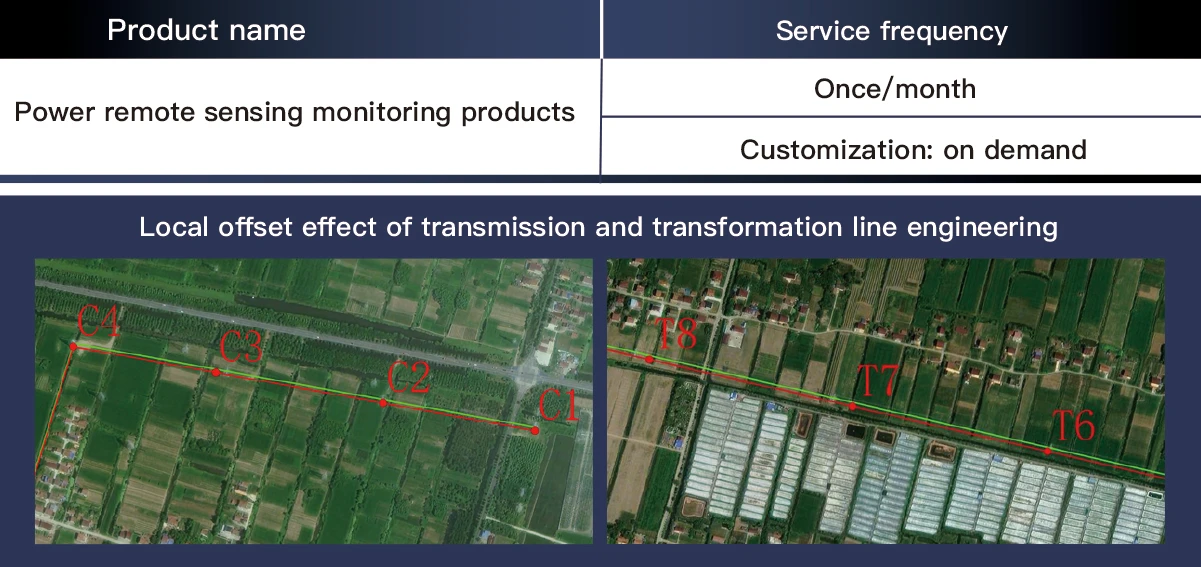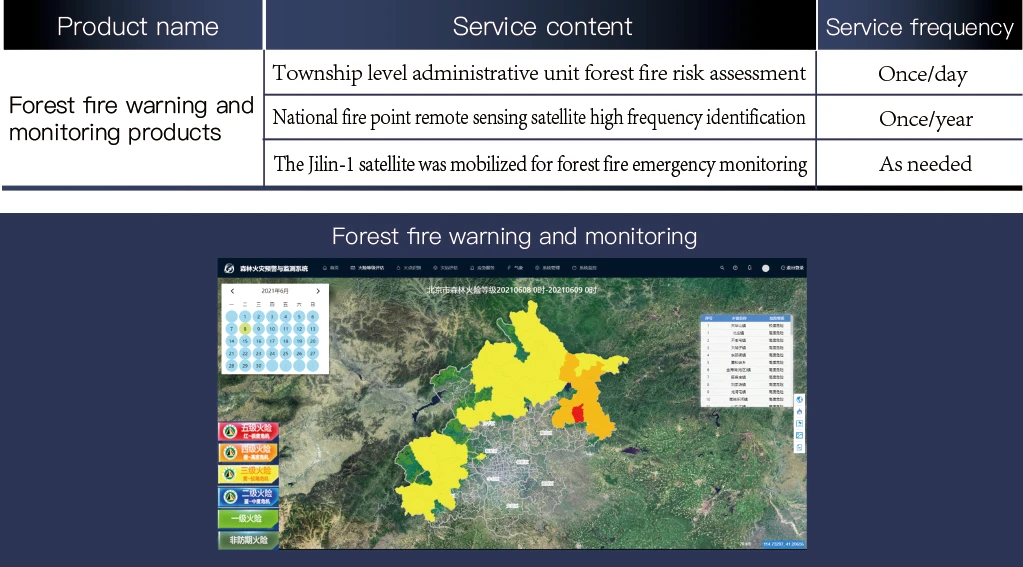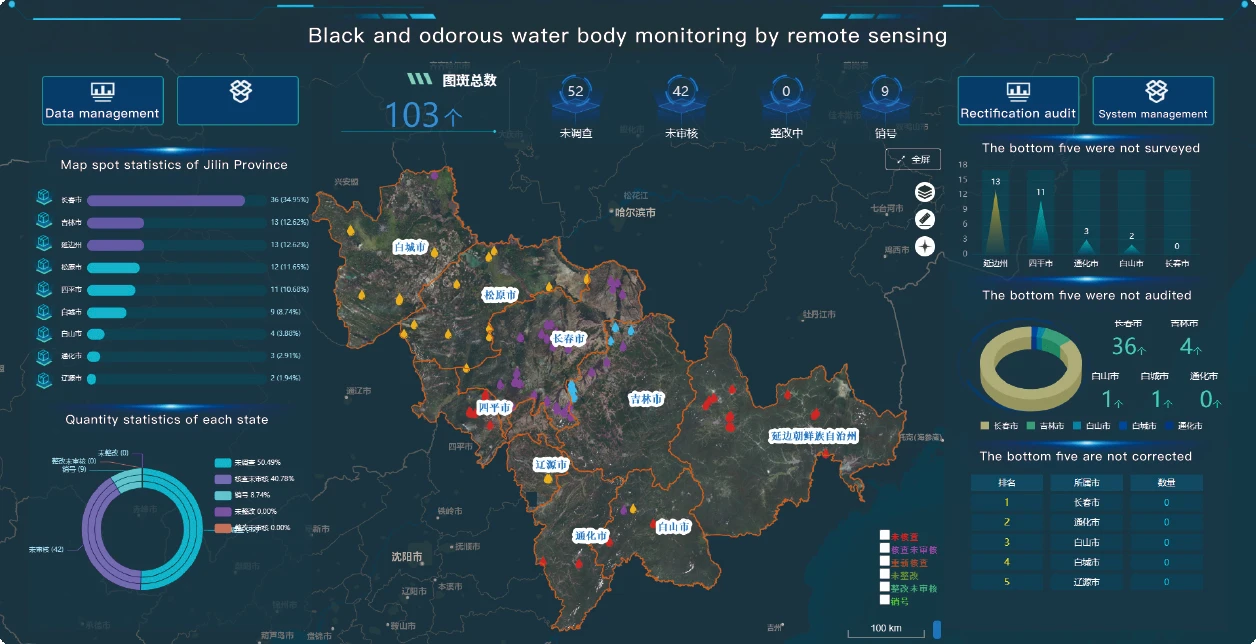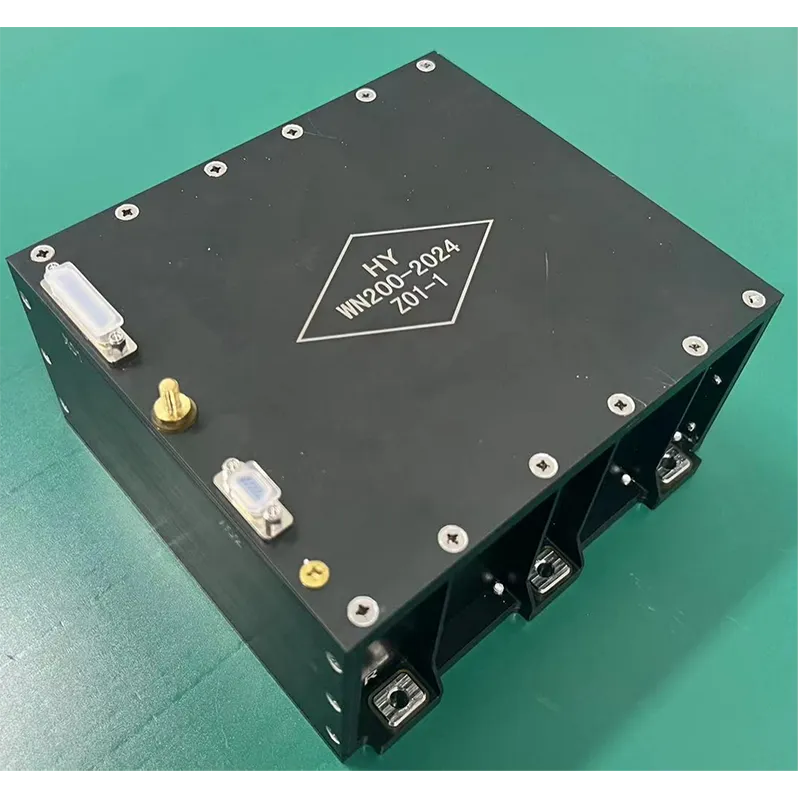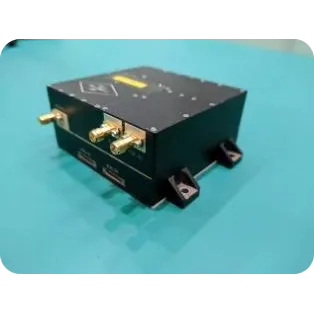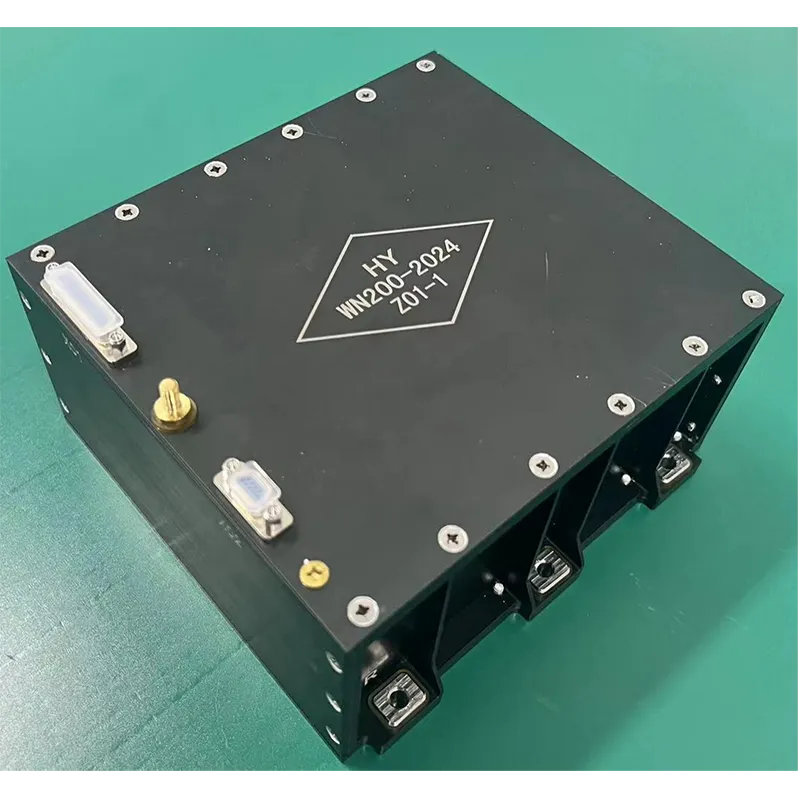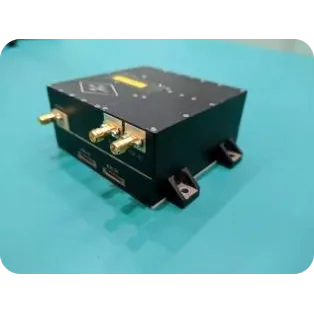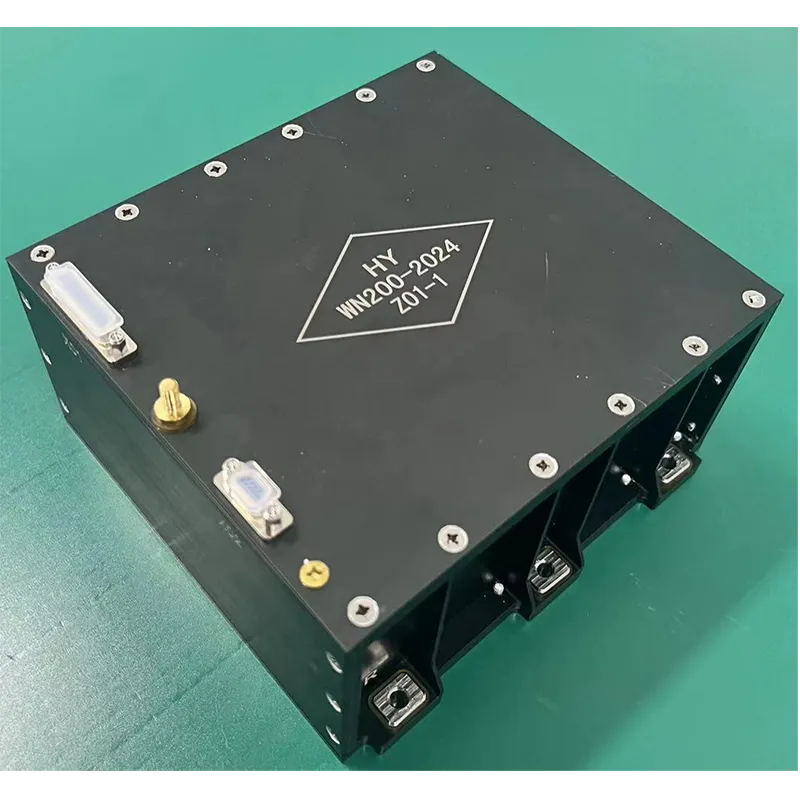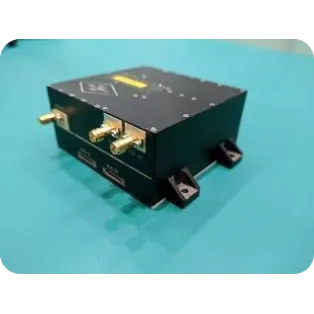
- Afrikaans
- Albanian
- Amharic
- Arabic
- Armenian
- Azerbaijani
- Basque
- Belarusian
- Bengali
- Bosnian
- Bulgarian
- Catalan
- Cebuano
- China
- Corsican
- Croatian
- Czech
- Danish
- Dutch
- English
- Esperanto
- Estonian
- Finnish
- French
- Frisian
- Galician
- Georgian
- German
- Greek
- Gujarati
- Haitian Creole
- hausa
- hawaiian
- Hebrew
- Hindi
- Miao
- Hungarian
- Icelandic
- igbo
- Indonesian
- irish
- Italian
- Japanese
- Javanese
- Kannada
- kazakh
- Khmer
- Rwandese
- Korean
- Kurdish
- Kyrgyz
- Lao
- Latin
- Latvian
- Lithuanian
- Luxembourgish
- Macedonian
- Malgashi
- Malay
- Malayalam
- Maltese
- Maori
- Marathi
- Mongolian
- Myanmar
- Nepali
- Norwegian
- Norwegian
- Occitan
- Pashto
- Persian
- Polish
- Portuguese
- Punjabi
- Romanian
- Russian
- Samoan
- Scottish Gaelic
- Serbian
- Sesotho
- Shona
- Sindhi
- Sinhala
- Slovak
- Slovenian
- Somali
- Spanish
- Sundanese
- Swahili
- Swedish
- Tagalog
- Tajik
- Tamil
- Tatar
- Telugu
- Thai
- Turkish
- Turkmen
- Ukrainian
- Urdu
- Uighur
- Uzbek
- Vietnamese
- Welsh
- Bantu
- Yiddish
- Yoruba
- Zulu
Advanced Optical Instruments: Revolutionizing Precision Measurement
Optical instruments have become indispensable tools in scientific research, industrial quality control, and advanced manufacturing. From detailed surface analysis to particle sizing, these devices enable precise measurements that drive innovation across multiple fields. Among the most sought-after tools are optical profilometers, including the highly specialized 3D optical profilometer, which offer detailed surface characterization without physical contact, making them ideal for delicate materials.
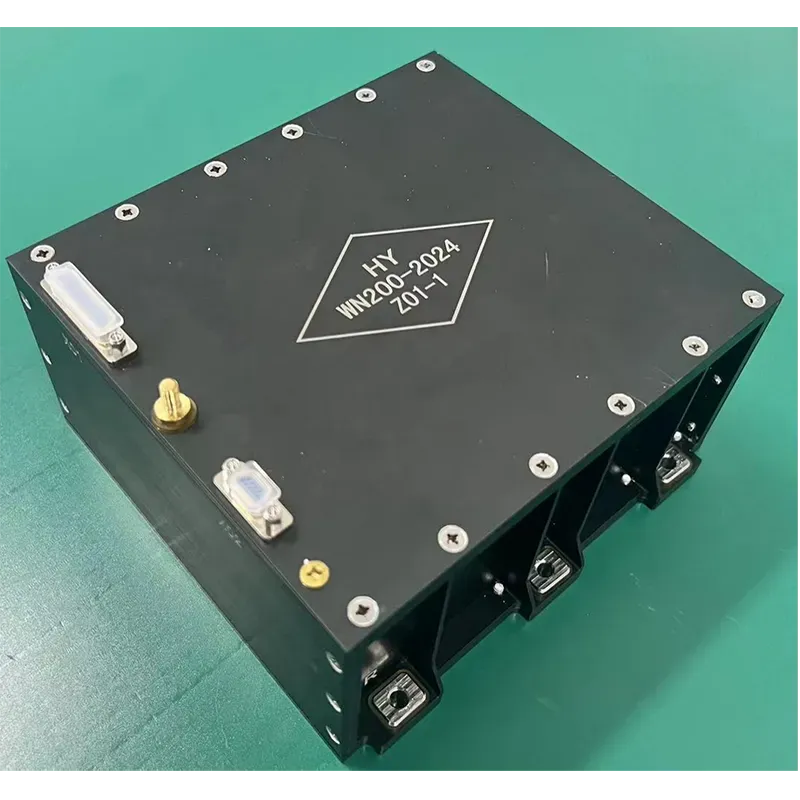
The Role of Optical Profilometers in Surface Analysis
An optical profilometer is a non-contact instrument designed to measure the surface texture and topography of materials with high accuracy. Unlike traditional contact methods, this device uses light interference and reflection to generate detailed maps of surface roughness and contours. The 3D optical profilometer further enhances this capability by providing three-dimensional data, allowing manufacturers to assess wear, coatings, and microstructures in unprecedented detail.
In industries such as semiconductor fabrication, aerospace, and biomedical device manufacturing, understanding surface characteristics is vital. An optical surface profilometer or optical surface profiler offers a fast, reliable way to capture this information, supporting quality assurance and process optimization.
Advanced Spectroscopy and Particle Measurement Instruments
Beyond surface profiling, optical technology extends into spectroscopy and particle analysis. The optical emission spectrometer and optical spectrometer are critical instruments that analyze material composition by measuring the light emitted or absorbed by a sample. These tools provide detailed insights into elemental and molecular structures, essential for materials science, environmental monitoring, and chemical analysis.
In parallel, devices like the optical particle counter and optical particle sizer measure the size and concentration of particles in a medium, such as air or liquids. These instruments are crucial for maintaining cleanroom standards, monitoring pollution, and ensuring product safety in pharmaceuticals and food industries.
Precision and Versatility of Optical Measuring Instruments
The field of optical measuring instruments encompasses a wide range of tools tailored to different measurement needs. Instruments such as the optical surface roughness tester quantify the microscopic variations on a surface, helping manufacturers maintain tight tolerances and improve product durability.
Overall, the integration of optical profilometers, spectrometers, and particle counters enables comprehensive material analysis and quality control. Their non-invasive nature and high precision make them essential in research and industry alike, driving forward innovation with unmatched accuracy and efficiency.


